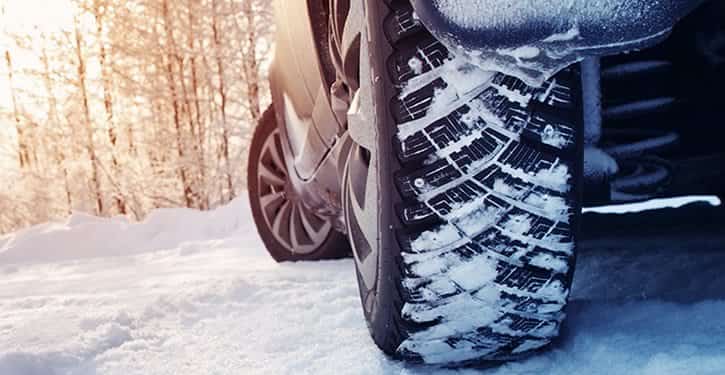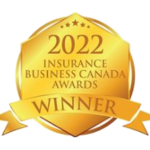10 Essential Winter Driving Tips.
Safe driving is always important but being on the road during winter warrants extra care and attention. If road conditions are dangerous, consider making alternate travel arrangements or postponing your trip until conditions improve.
Here are 10 tips to keep you safe and collision-free during the next few blustery winter months.
- Install winter tires. If you haven’t done so already, install winter tires. They will provide greater traction under snowy or icy conditions. Check to make sure they aren’t worn or bald.
- Top up your fluids. Make sure you always keep your gas tank at least half full. On very cold days, the condensation in the tank can freeze when it is running low and may cause problems. Also, don’t forget about your windshield-washer fluid!
- Get an emergency car kit. Make sure you have the appropriate safety and emergency winter equipment always stored in your car. The basic emergency kit for cars should include the following items:
- Food – that won’t spoil, such as energy bars
- Water – in plastic bottles so they won’t break if frozen (change every six months)
- Blanket
- Booster cables
- Extra clothing and shoes
- First aid kit
- Small shovel
- Scraper and snow brush
- Road salt
- Flashlight
- Stay connected. Always travel with a fully charged cell phone and keep a portable charger at the ready. You never know when you need to make an emergency call.
- Clean off your car. Before you head out, make sure that mirrors, all windows, and the top of your vehicle, are free of snow or frost; that might require a few extra minutes, but it is time well spent.
- Drive according to the road conditions. Take your time. Slow down. That may mean driving slower than the posted speed limits. Driving too quickly is the main cause of winter collisions. Brake slowly and reduce your speed before entering turns. Once you have rounded the corner you can accelerate again. Better to be 10 minutes late in this world than 10 minutes early for the next!!
- Keep the lights on. Turn on your lights to increase your visibility to other motorists.
- Don’t tailgate. It is dangerous to drive too close to the car in front of you. This is more dangerous in winter weather as stopping takes much longer on snowy and icy roads than on dry pavement, so be sure to leave enough room between your vehicle and the one in front of you. The normal dry pavement following distance of three to four seconds should be increased to eight to ten seconds. This increased margin of safety will provide the longer distance needed to stop safely.
- Don’t use cruise control. Never use cruise control if conditions are snowy, icy, or wet, because if your car hydroplanes, your car will try to accelerate, and you may lose control of your vehicle.
- Stay home. If you really don’t have to go out, don’t. Even if you can drive well in the snow, not everyone else can. If you don’t have somewhere you have to be, watch the snow from indoors.
If you would like more information on winter driving or if you have any questions on your home or auto insurance, please contact Munn Insurance at 855-726-8627 today.
Related News
Recent News
How to Save on Insurance Amid Uncertainty of Tariffs and Trade Wars
In today’s global economy, trade wars and tariffs are a hot topic, and their potential impacts reach beyond just the cost of goods like cars, appliances, and steel. If tensions between countries like Canada and [...]
Get the Best Auto Insurance Quote in Nova Scotia: A Step by Step Guide
When it comes to auto insurance, everyone wants to ensure they’re getting the right coverage at the best price. Whether you're a first-time car owner or a seasoned driver in Nova Scotia, the process of [...]
Unlock Big Savings with Group Insurance Discounts
At Munn Insurance, we know that everyone loves saving money—especially when it comes to home and auto insurance. Did you know that you may qualify for exclusive discounts just by being part of certain groups [...]












